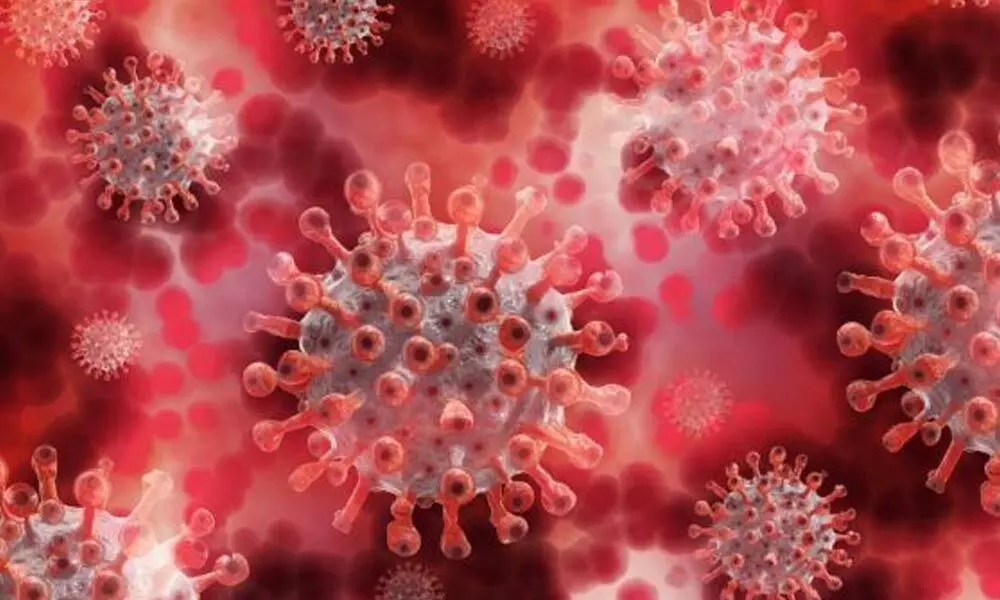New variants of Covid-19 can be detected in advance: Researchers

Telangana's Covid positivity rate spikes to 4% from 1%
CCMB researchers say that detection of new variants is emerging from time to time and will help people to take more effective measures to prevent the spread of disease
Hyderabad: Since the novel coronavirus was detected in Wuhan for the first time three people with pneumonia connected to the cluster of acute respiratory illness were isolated. After which the world faced its worst times as the virus affected masses and large number of lost their life. Later, the disease also showed its second wave and currently almost every country if facing the third wave of Covid-19. The virus was reported later it was announced by the World Health Organisation (WHO), but now after battling with types of Covid-19 variants the researchers are now able to detect the new variants and mutations of the virus.
Scientists and researchers of Centre for Cellular and Molecular Biology (CCMB) Hyderabad have developed a variety of equipment and methods to detect various forms of variants in advance and alert about the measures to be taken to curb the spread of the virus.
CCMB researchers say that detection of new variants is emerging from time to time and will help people to take more effective measures to prevent the spread of disease from the very beginning.
They have set up a team of scientists who are continuously working on 'Covid new variants Tracking' in the laboratory.
A researcher explained that, "The virus was discovered by genetic analysis of patient's samples during the first and second wave of Covid. It is based on single nucleotide variations (SNVs) that propagate in a viral genome, leading to changes when the virus spreads from one person to another. The extent to which mutations are present is determined by the host's single nucleotide variations (ISNV) analysis. It has been speculated that as the frequency of newly seen mutations increases it is likely to become the type of variant that causes the most prevalence."
How does a virus evolve with new mutations while still in the patient's body? Explain how it leads to new variants?
Answering the above question scientist explains, "'Covid Variants Identification' team have also been put to work. During the first wave before June 2020, researchers analysed 1,347 samples collected from various parts of China, Germany, Malaysia, UK, US, and India. It was observed that 16,410 ISNVs were spread in the viral genome of the then prevalent B1 and B6 strains," said a researcher.
The second wave genetic analysis of 1,774 specimens were collected from different parts of the country between November 2020 and May 2021 which was identified as the Delta variant, he added.
A CCMB scientist involved in the research said that by tracking ISNVs as part of genetic surveillance, it is possible to predict the types of viruses that will reach the level of spread. The Delhi-based Institute of Genomics and Integrative Biology (IGIB), the National Centre for Disease Control (NCDC), and the Indian Institute of Technology (IIT) in Jodhpur are involved in the research of detecting new variants in advance.



















